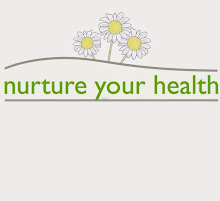 SIBO, which stands for small intestine bacterial overgrowth, occurs when the level of non pathogenic bacteria we normally have in our small intestine increases beyond what it should be.
SIBO, which stands for small intestine bacterial overgrowth, occurs when the level of non pathogenic bacteria we normally have in our small intestine increases beyond what it should be. The main way to address SIBO is to reduce carbohydrate intake. Carbohydrates are the food/energy source for the intestinal bacteria and the fermentation of carbohydrates produces the gas which contributes to the digestive symptoms seen with SIBO. As well, reducing the primary food source for the bacteria may support a reduction in the overgrowth of the bacteria. The specific carbohydrate diet (SCD) and gut and psychology syndrome (GAPS) diet are considered the most effective dietary treatments for SIBO.


















